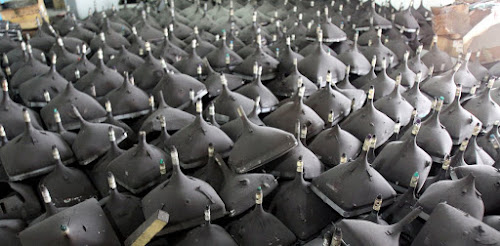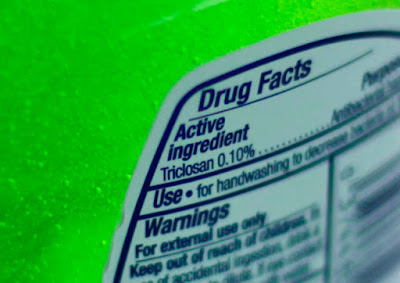Our crave new devices has produced a large realm of digital waste
Technical improvements imply that the phones, tablet computers, computer systems and various other electrical devices we find so essential are less expensive and more effective compared to ever before. But this means we update them quicker and they quickly become undesirable or obsolete, and are discarded. The huge quantities of waste electric and digital equipment – WEEE, or e-waste – that outcomes is quickly ending up being a significant worldwide ecological, financial and health and wellness problem.
A current record by the European Union-funded Countering WEEE Unlawful Profession project found that just simply over a 3rd of Europe's e-waste wound up in official collection and reusing programs. The rest, totaling up to over 6m tonnes a year, was either exported (1.5m tonnes), reused in manner ins which dropped outside the legislation (3.15m tonnes), scavenged (750,000 tonnes), or simply included the container (750,000 tonnes). Considering the vast amounts of e-waste produced worldwide, where this waste finishes up is a major concern. Considering the power and materials-intensive process of manufacturing it to begin with, so is the effect on the world's natural deposits and environment.

E-waste misbehaves for the environment Kenali Agen Judi Bola Sebelum Bertaruh
But not all e-waste coincides. Various equipment can include hundreds or also thousands of various compounds, some which are possibly highly harmful, while others are incredibly valuable. This has led to burglary: in 2012 the EU approximated that burglary of valuable elements and products from e-waste was well worth in between €800m and €1.7 billion. A lot of digital waste is made of steels: gold, lead, nickel, silver, tin and zinc, together with valuable recyclable plastics. Dangerous aspects consist of products such as asbestos, batteries, published circuit boards, and printer printer toner cartridges.
Discarding high-value products stands for a huge waste. However, the business economics of drawing out them do not constantly operate in the West. Rather, e-waste exported to developing nations finishes up in casual reusing plans run by people, and sometimes bad guy gangs. In some nations this has controlled the e-waste reusing chain, with equipment charred in open up terminates or refined with dangerous acids in purchase to recuperate valuable steels.
Properly arranged reusing plans have arised in developed nations, with the EU prominent the method adopting the "producer pays concept", which requires manufacturers and sometimes importers and suppliers to money the collection and reusing of their items – and to ensure they're gotten rid of of using ecologically sound techniques.


